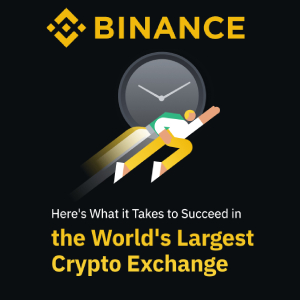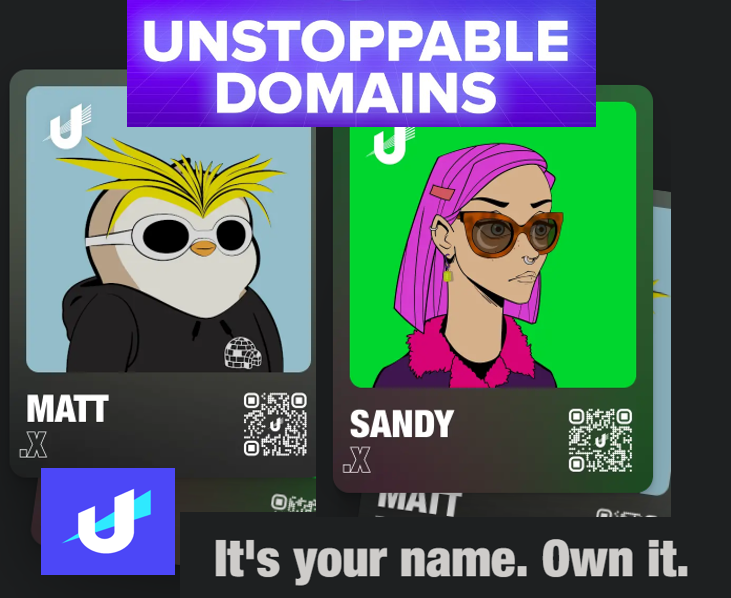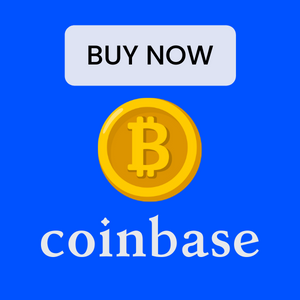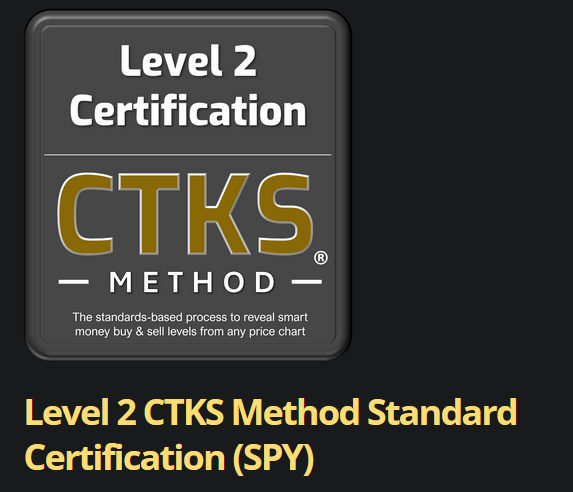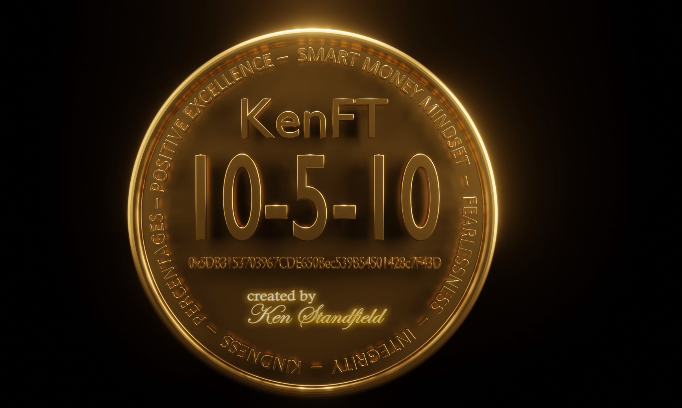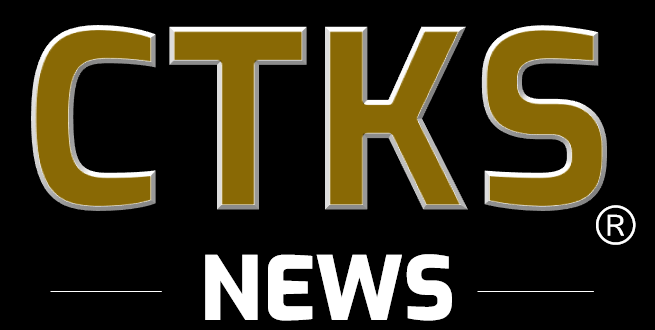The tokenization of real-world belongings (RWA) is advancing extra and extra quickly in Argentina, Brazil and the remainder of Latin America. In this context, business representatives analyzed the chances provided by cryptocurrency networks to democratize actual property transactions up to percentages of football participant transfers.
During the Modular Summit 2024 Conference, held by the Ripio exchange in Sao Paulo, Brazil, the panel “RWA: Perspectives and opportunities for asset tokenization” was held.
As CriptoNoticias defined, RWA refers to the illustration of actual bodily or monetary belongings in the type of tokens on a decentralized community. This expertise permits conventional belongings, reminiscent of shares, bonds or actual property, to be traded on the digital market.
In this regard, Ariel Scaliter, co-founder of the Argentine fintech, Agrotoken, emphasised How sensible contracts are reworking the best way we work together in the true world“People want to interact with existing financial systems,” he defined, including: “The world is moving towards tokenization much faster than people imagine.”
Agrotoken’s mission is to remodel agricultural manufacturing reminiscent of wheat or soybeans into digital belongings. “They can be exchanged for inputs, services and other assets, or used as a means of obtaining financing,” Scaliter added.
Along these strains, the businessman identified that, with tokenization, a organic asset or a property turns into a monetary asset. “This asset could not be divided before. But today, thanks to tokenization, it can be used in a different way in every sense,” he defined. He additionally mentioned:
“The point of tokenization is to solve problems that people have, not to create new ones to tokenize. It is very simple: tokenize the RWAs and then use them to make transactions.”
Ariel Scaliter, co-founder of Agrotoken.
The panel additionally included Andreas Blazoudakis from Netspaces, Solange Gueiros from Chainlink, Diego Consimo from XDC Network, and Valentin Jaremtchuk from Win Investment.
For his half, Jaremtchuk highlighted that thanks to tokenization, The football business might be democratized and “people can invest in a player’s transfer legally” and he defined: “The clubs that train the athletes receive part of the money from the sale when they are transferred. This contract is called the solidarity mechanism and it is the one we digitalize.”
Win Investments was based in Argentina and has a presence in Brazil. The firm’s proposal is that individuals should purchase credit score participations, by means of tokens, on the cash that the groups that practice the gamers will obtain, which is known as a solidarity mechanism. For instance, if Emiliano ‘Dibu’ Martínez is bought to Aston Villa in England to one other group, the membership that trains the footballer, in this case Independiente, receives a proportion of that switch.
Thus, golf equipment accumulate a part of this cash in advance as financing, whereas those that maintain the tokens acquire a revenue, in the occasion of a switch above the market worth.
Along these strains, Solange Gueiros talked about that thanks to the blockchain is this connection between expertise and RWA potential?“This technology allows us to create an immutable record of the history of a product, from its origin to its final destination. By applying blockchain to agrotokens, we can guarantee that the asset exists and we bring that information in a reliable way that does not depend on a single agent to bring that information.”
Finally, the audio system agreed that connecting the true world with the digital world is a manner to create “more transparent, efficient and sustainable systems over time.”



